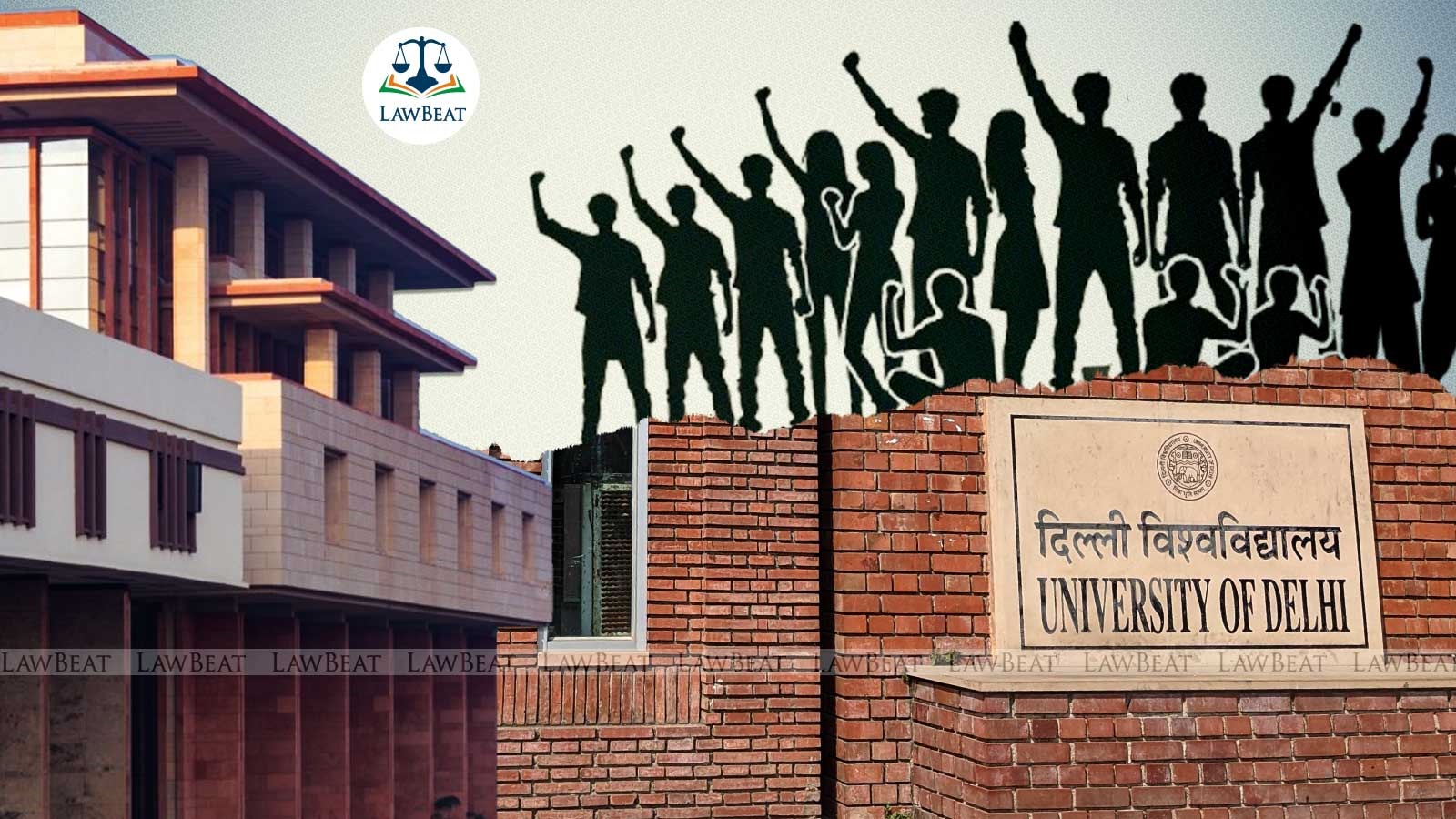Delhi HC Allows Students to Contest DUSU Elections After Khalsa Colleges Deny Participation Citing Minority Status

Advocate Jha claimed that this move was in contravention of the Lyngdoh Committee Guidelines, which are meant to promote transparency and fairness in student elections, creating an expectation among students that they could participate in the elections.
The Delhi High Court recently allowed two students to participate in the Delhi University Students’ Union (DUSU) Elections, despite their college denying them the opportunity. The students had filed a writ petition, through Advocate Shashank Shekhar Jha, challenging the decision of the following colleges Sri Guru Nanak Dev Khalsa College, Sri Guru Teg Bahadur Khalsa College, and Sri Guru Govind Singh College of Commerce to disassociate from elections. These colleges cited their status as minority institutions protected under Article 30(1) of the Indian Constitution.
"The Court directs the respondents to permit the petitioners and other interested students to submit their nomination forms for the DUSU elections, 2024-2025, and allow them to participate in the further election process", the bench of Justice Pushpaindra Kumar Kaurav held.
Advocate Jha contended that the sudden decision of these colleges to withdraw from the elections, despite being listed as participants, raises serious concerns about transparency and these institutions’ adherence to statutory obligations. According to him, this move violates the DUSU Constitution, which mandates all university constituent colleges, including minority institutions, to participate in the DUSU elections.
Notably, the Lyngdoh Committee was established by the Ministry of Human Resource Development (MHRD) in 2006, following a directive by the Supreme Court to reform students’ elections and remove the role of money and muscle power in these elections. The Committee includes provisions such as not allowing students with a criminal record or a history of misdemeanors, such as having to appear before the university disciplinary committee, would not be eligible to contest elections.
Advocate Jha expressed concerns regarding the students' “right to democratic representation and leadership development,” if they were not allowed to participate. Advocate Jha sought relief from the court seeking to quash the decision of the three minority institutions to disassociate from the DUSU elections as they were arbitrary, illegal, and in violation of the rules of Delhi University, the Lyngdoh Guidelines. He also cited that this decision was in contravention of the DUSU constitution and constitutional principles.
Advocate Jha submitted before the court that the three minority institutions be directed to participate in the DUSU elections per the Delhi University notification and the Lynghoh Committee Guidelines. He further sought a stay on the decision passed by the minority colleges announcing their disassociation from the elections.
After hearing the submissions of the parties, the court issued notice to the respondent colleges and DUSU. The court further directed the respondents to permit the aggrieved students along with other interested students to submit their nomination forms for the upcoming DUSU elections 2024-2025, and to participate in the electoral process.
While upholding the writ petition, the court however cautioned that this decision was subject to further orders issued by it.
Notably, in September 2024, the bench of Acting Chief Justice Manmohan and Justice Tushar Rao Gedela expressed displeasure over the defacement of public property during the DUSU elections. The court further ordered Delhi Police along with MCD and DMRC to ensure "that no further defacement of public property takes place and the defacement which has already taken place is removed".
Case Title: Rachit Rai and Anr. V/s University of Delhi and Ors. (W.P. (C) 13245/2024)
